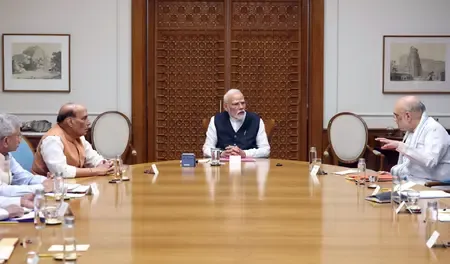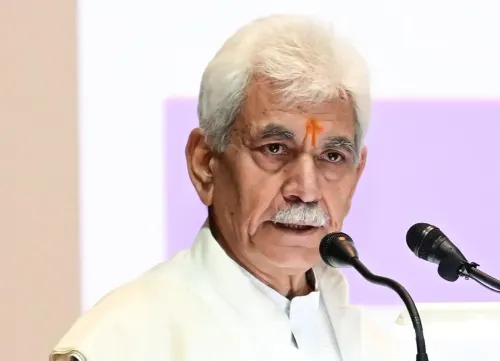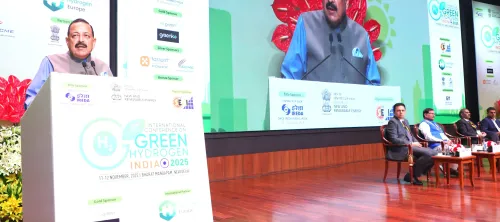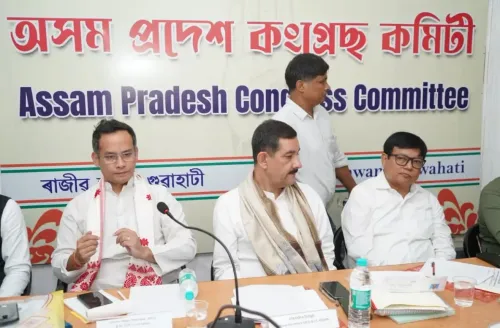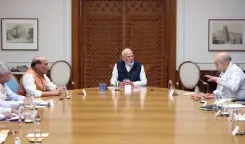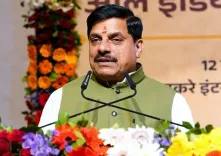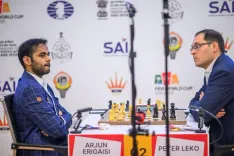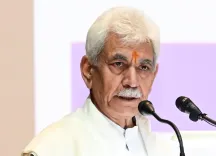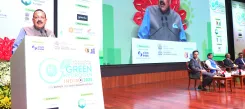Has Operation Sindoor Transformed Our National Identity?
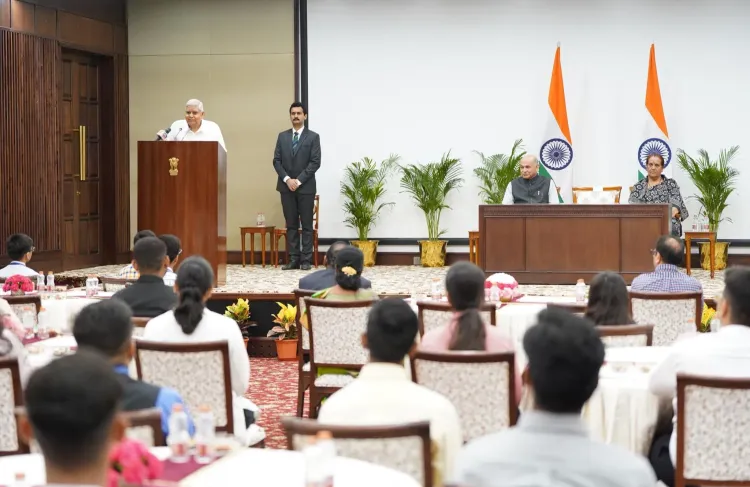
Synopsis
Key Takeaways
- Indigenous strength is crucial for national security.
- Unity among political factions is imperative.
- Parliament's primacy in legislation and accountability.
- National growth and public welfare must be prioritized.
- Political agendas should not overshadow national interest.
New Delhi, May 27 (NationPress) Vice-President and Chairman of Rajya Sabha, Jagdeep Dhankhar, remarked on Tuesday regarding Operation Sindoor, emphasizing that Indians are now more nationalistic than ever before.
The Vice-President asserted, “To ensure national security, we require homegrown strength. War is best avoided from a position of strength. Peace is guaranteed when you are perpetually prepared for conflict… strength derives not just from technological advancements or conventional military might, but also from the populace.”
During the inaugural session of the Rajya Sabha Internship Program-phase 7 at the Vice-President’s Enclave, Dhankhar highlighted, “The recent event, Operation Sindoor, has remarkably altered our mindset. We are now nationalistic like never before. This shift is observable in the engagement of various political factions in delegations sent abroad to communicate our message of peace and our absolute intolerance for terrorism. Given recent occurrences, we have no alternative but to stand united and fortify ourselves… Just as institutions do, political factions also bear a moral obligation to the national cause. Ultimately, all institutions—Legislature, Judiciary, and Executive—center around national growth, welfare, and the public good, promoting transparency, accountability, and integrity. On matters of national security and economic development, all parties must prioritize national interest over political agendas. I urge everyone in the political domain to reflect seriously and reach a consensus on issues of national security and growth; we must find a way to overcome the heated politics that often overshadow nationalism and security.”
Stressing that Parliament is the supreme authority for legislative action, Dhankhar stated, “The Indian Parliament transcends a mere legislative body. It embodies the will of 1.4 billion people. It is the only constitutionally recognized platform that authentically represents the people's will, thus, Parliament holds primacy. While there are areas where the executive and judiciary hold precedence, Parliament remains supreme in two critical aspects: it is the ultimate authority for law-making and it holds the executive accountable. Governance is founded on essential principles, including transparency and accountability. Furthermore, we have introduced a third aspect: optimal performance by institutions to accelerate our developmental trajectory… Parliament serves as the ultimate venue for debate, dialogue, discussion, and discourse.”

